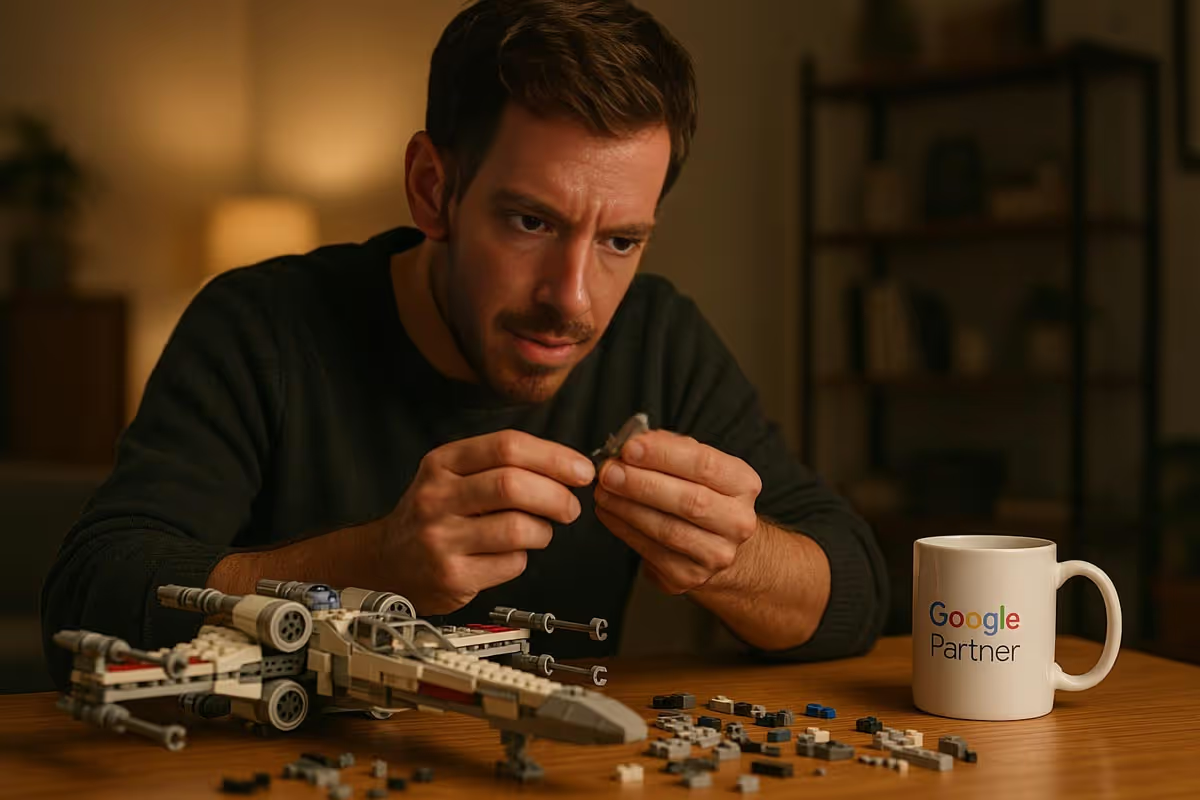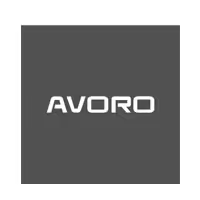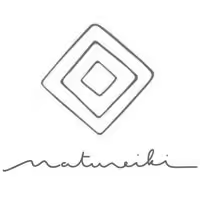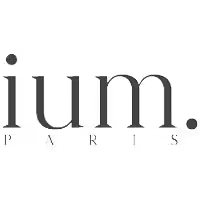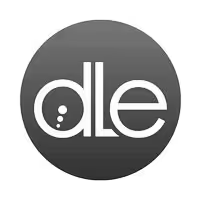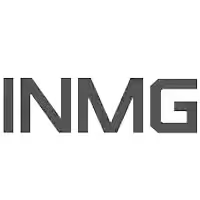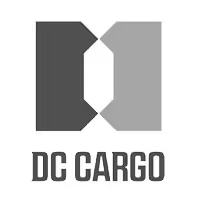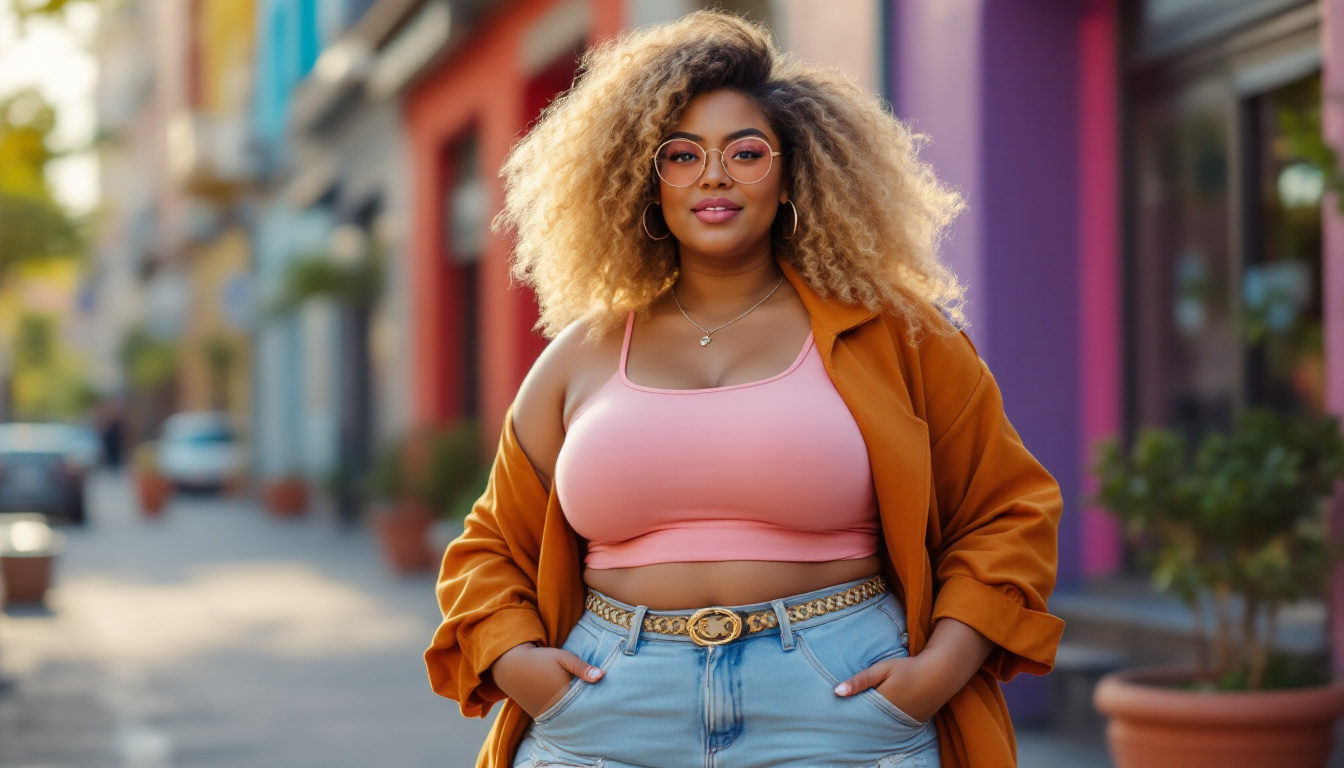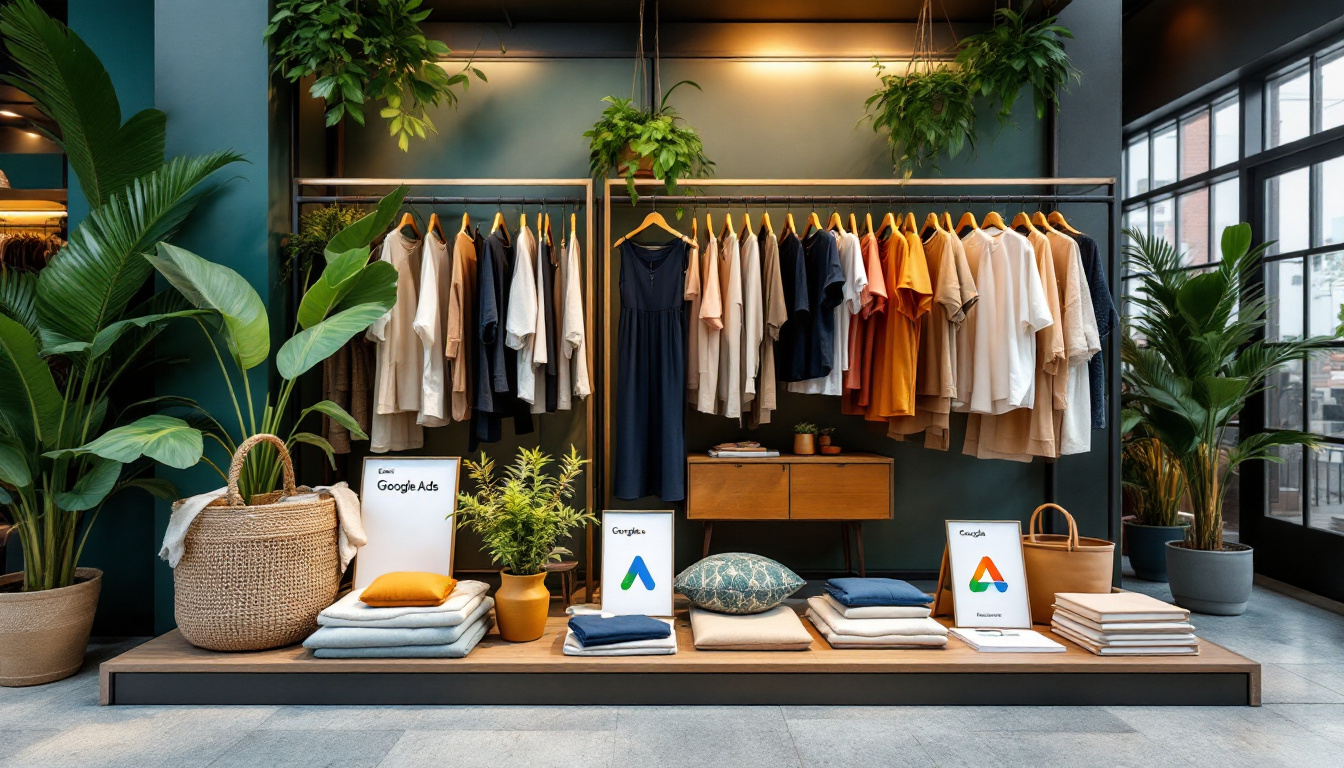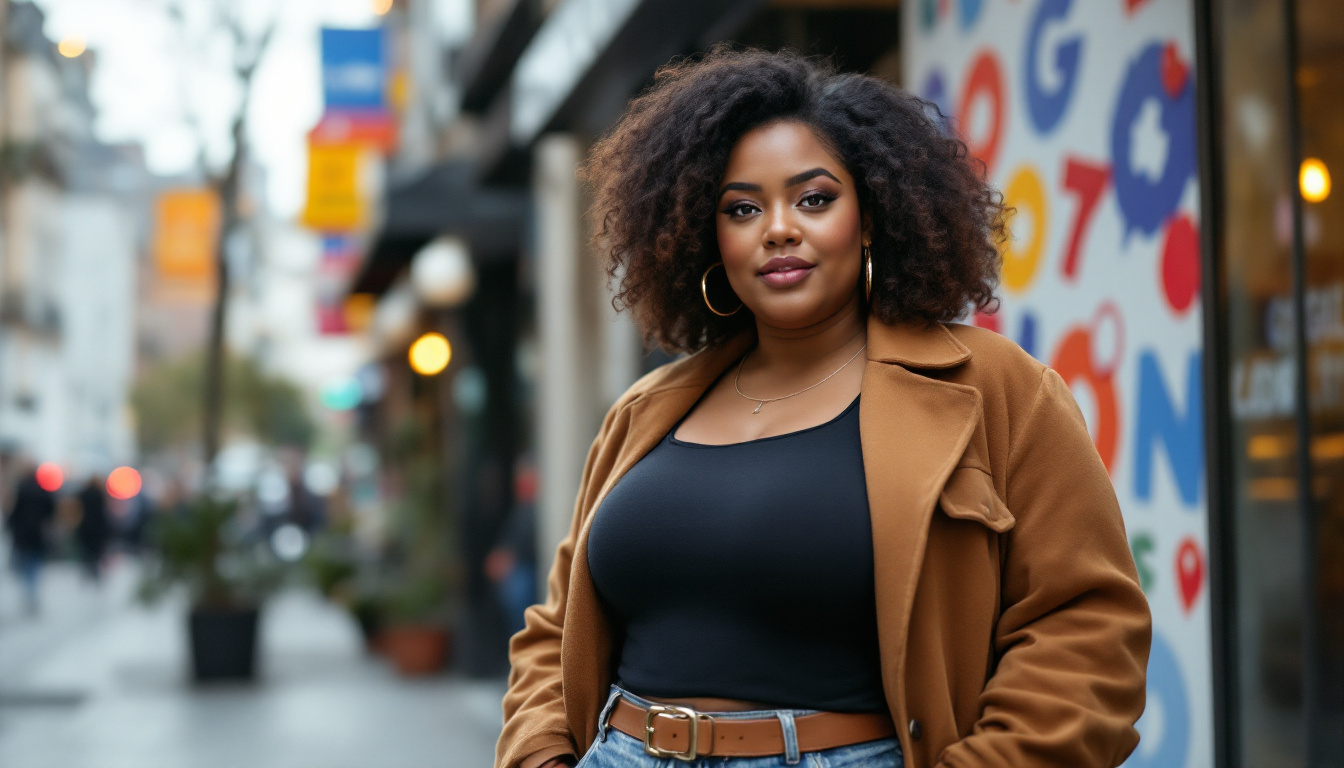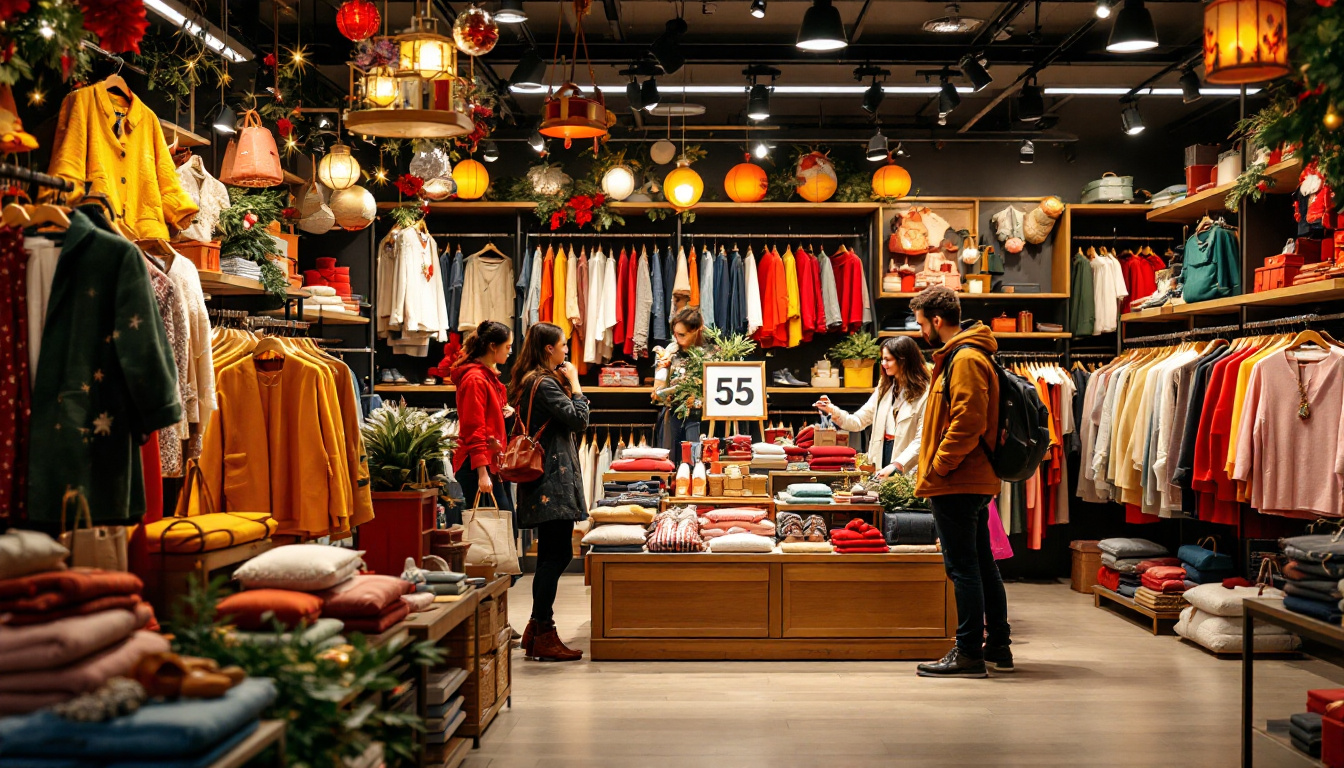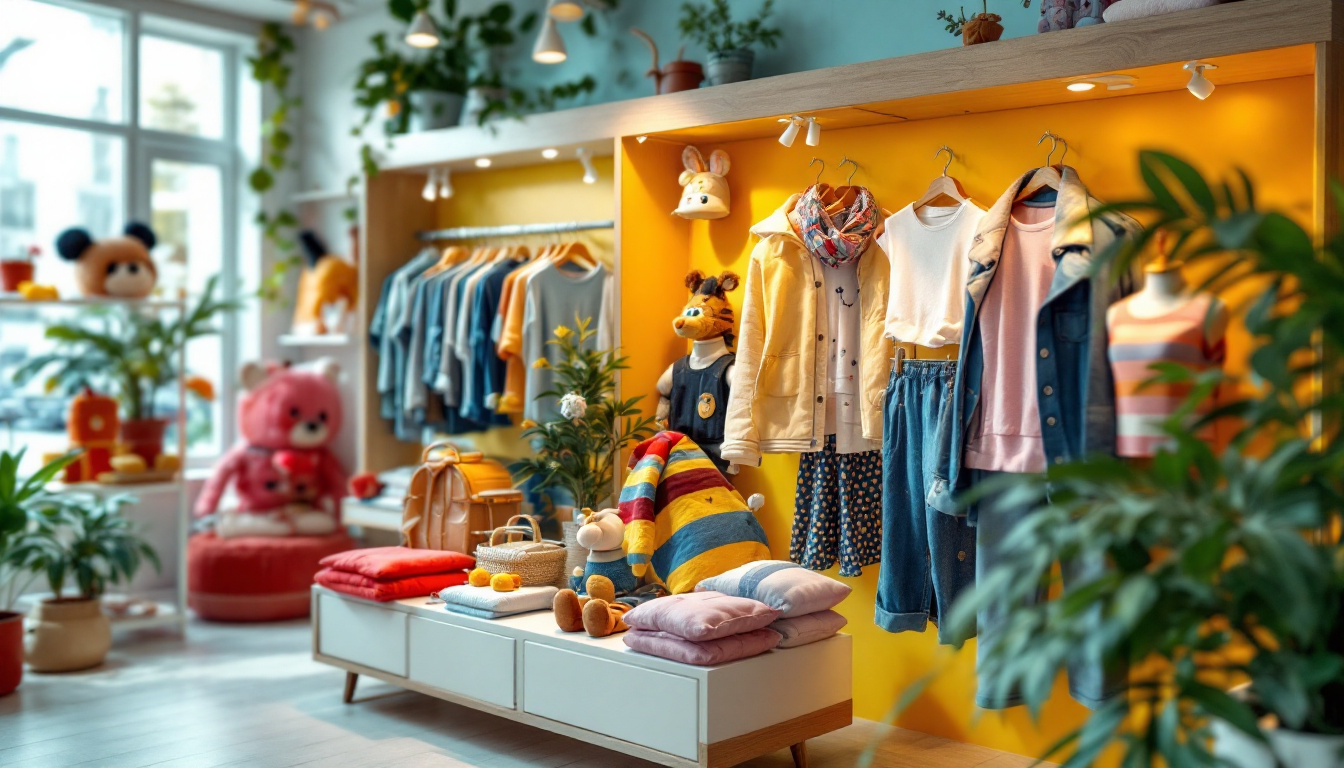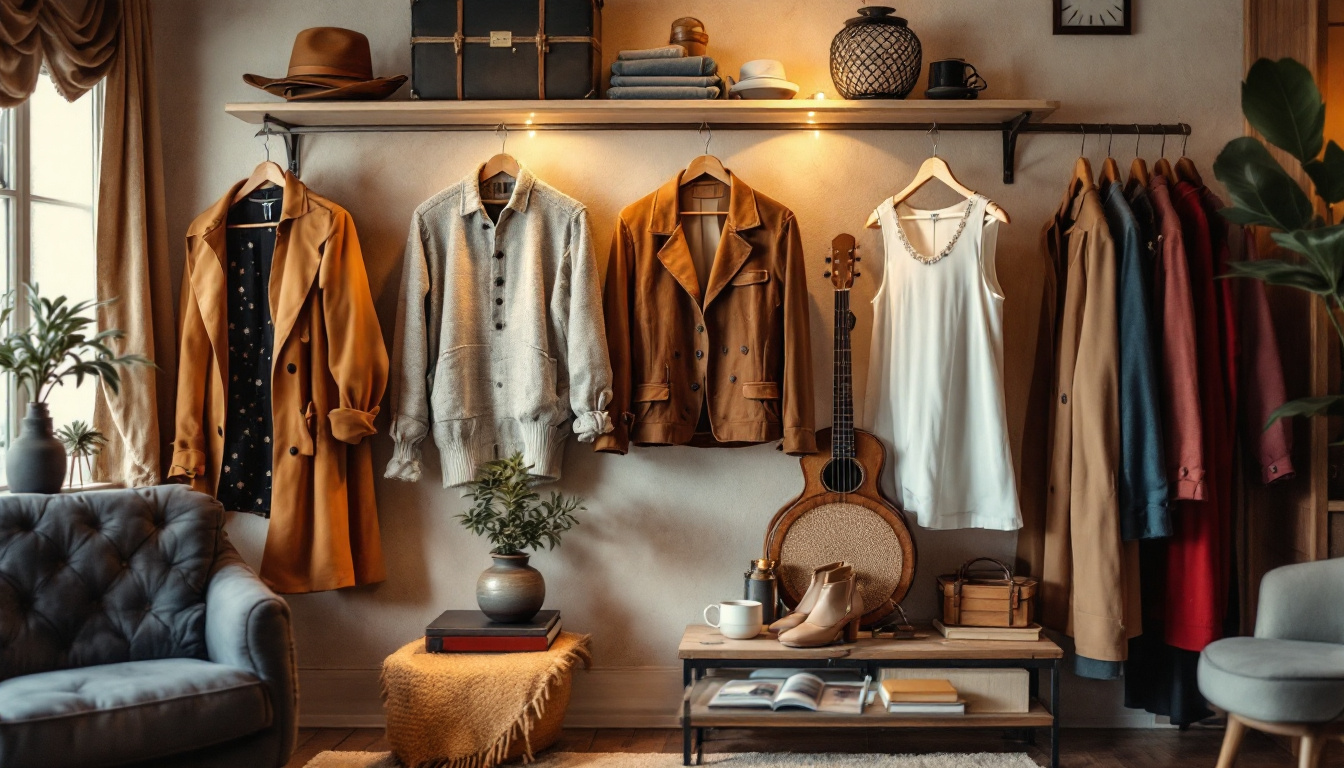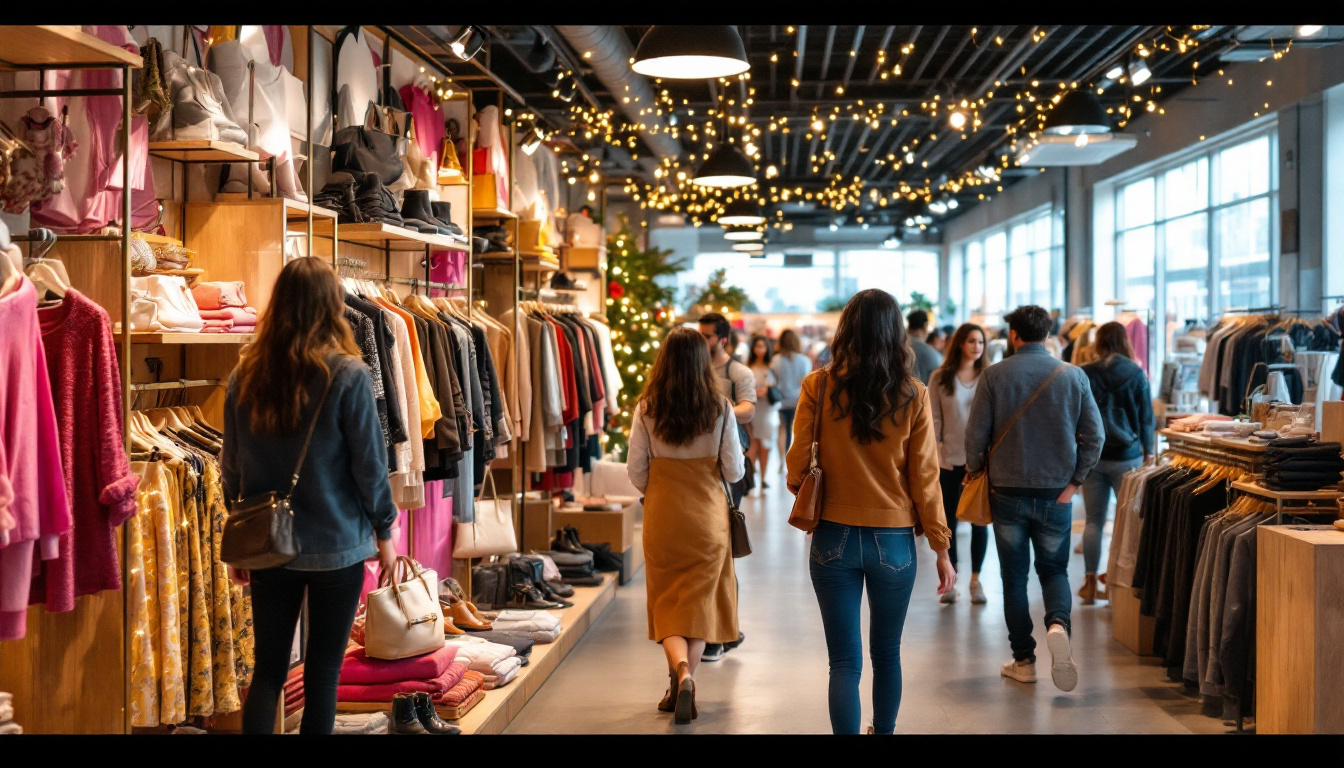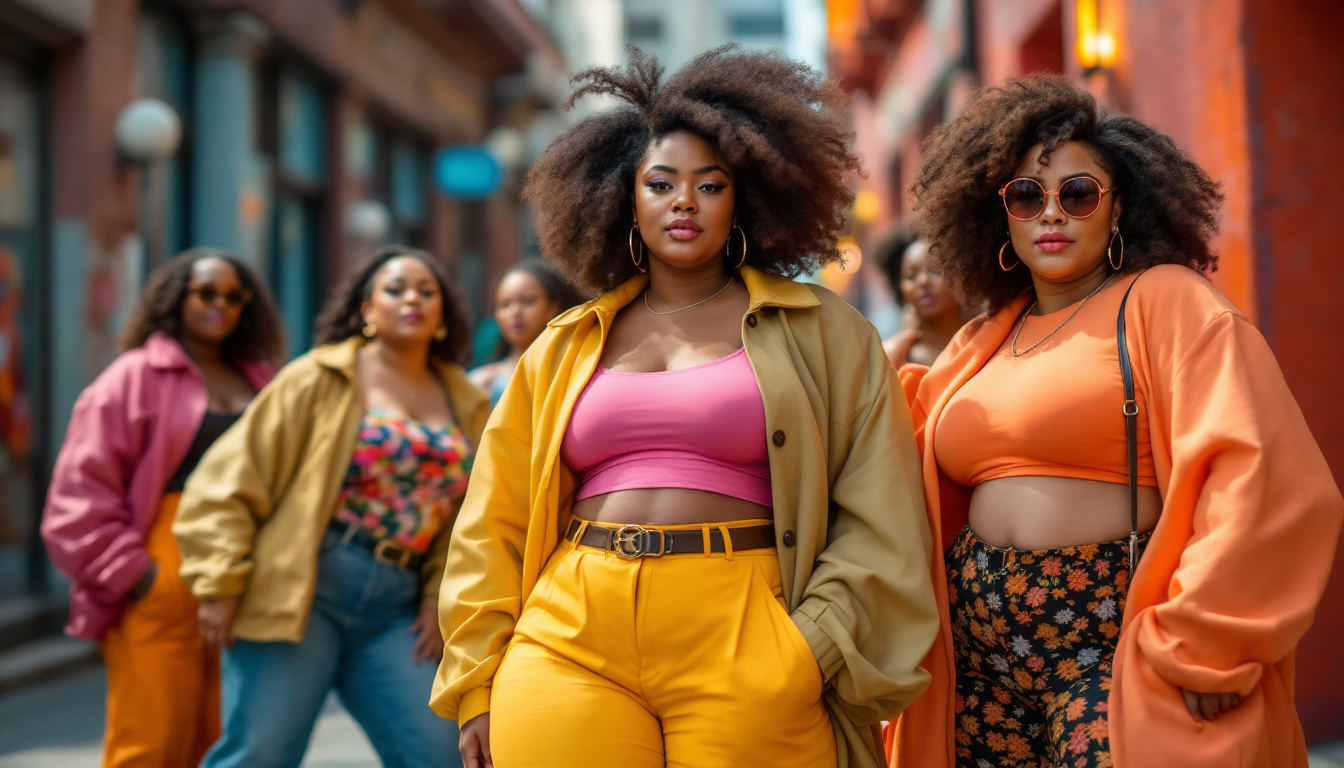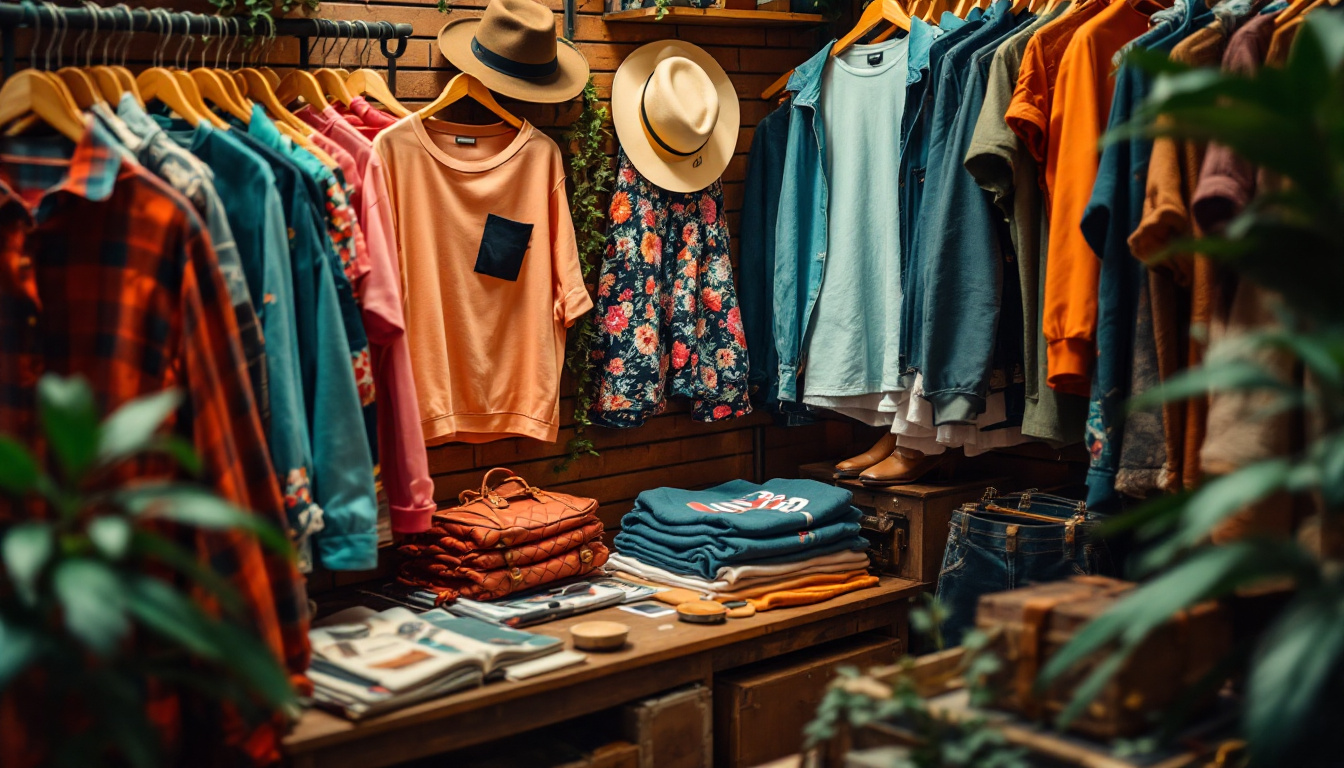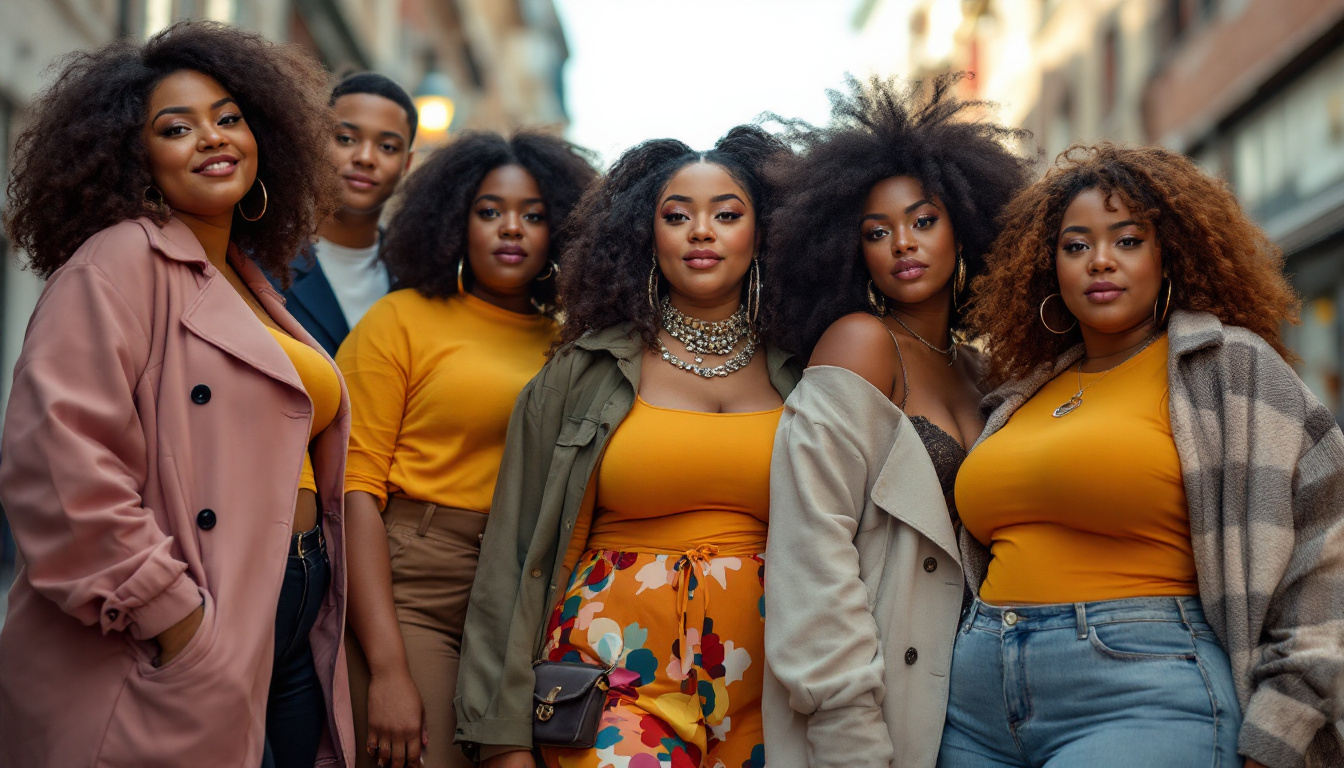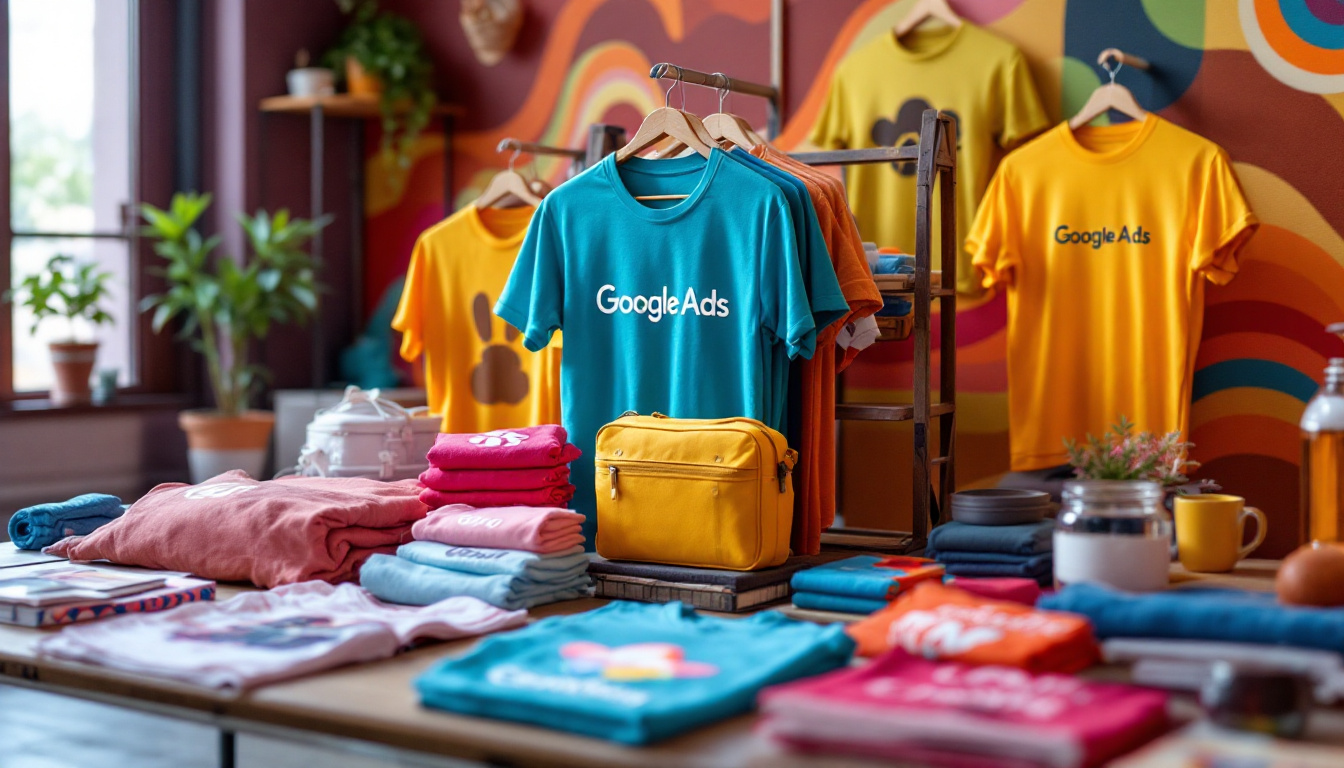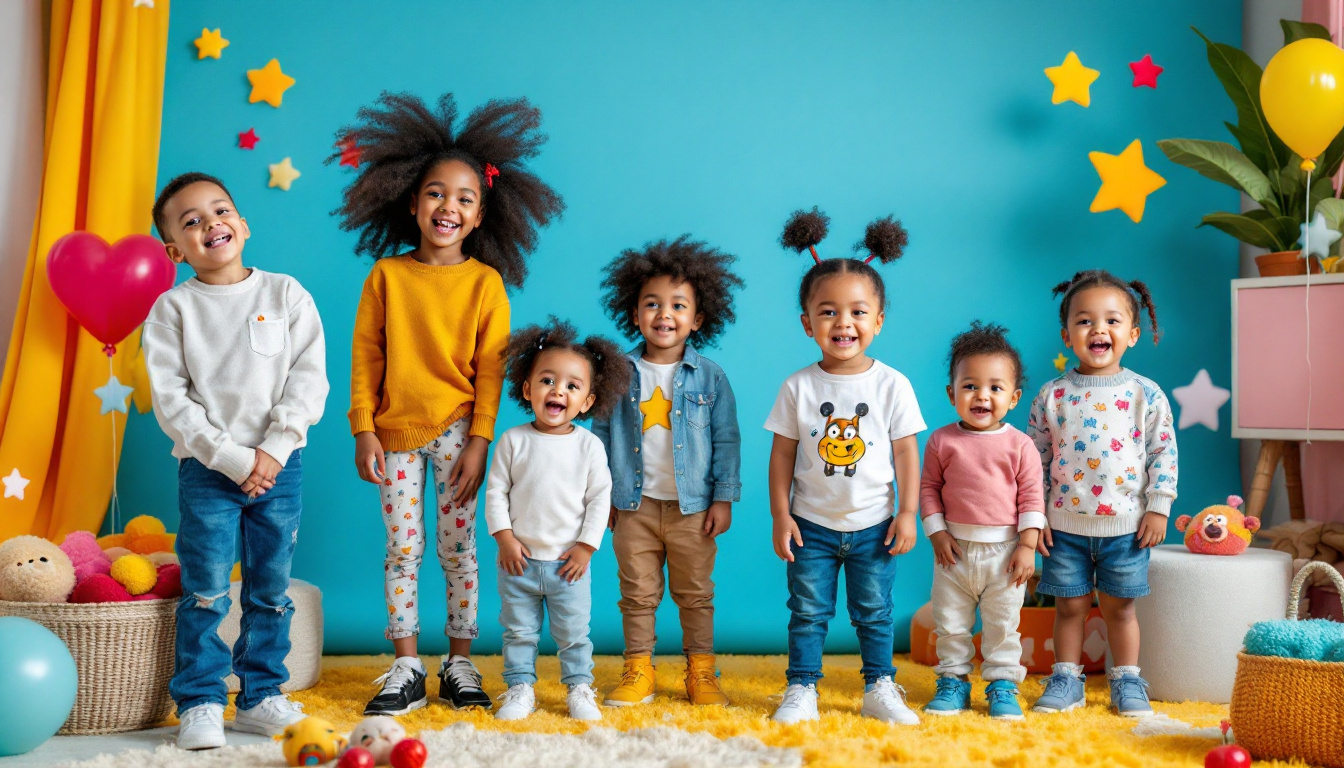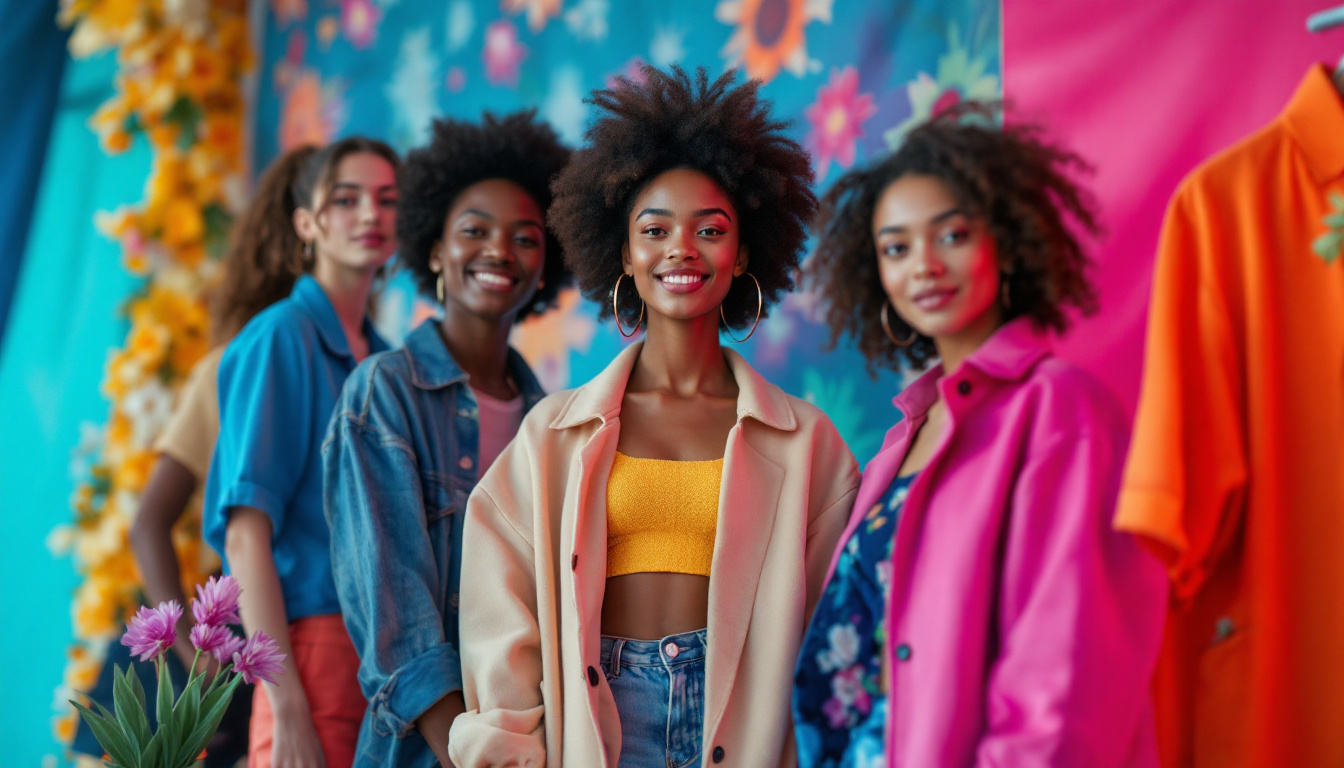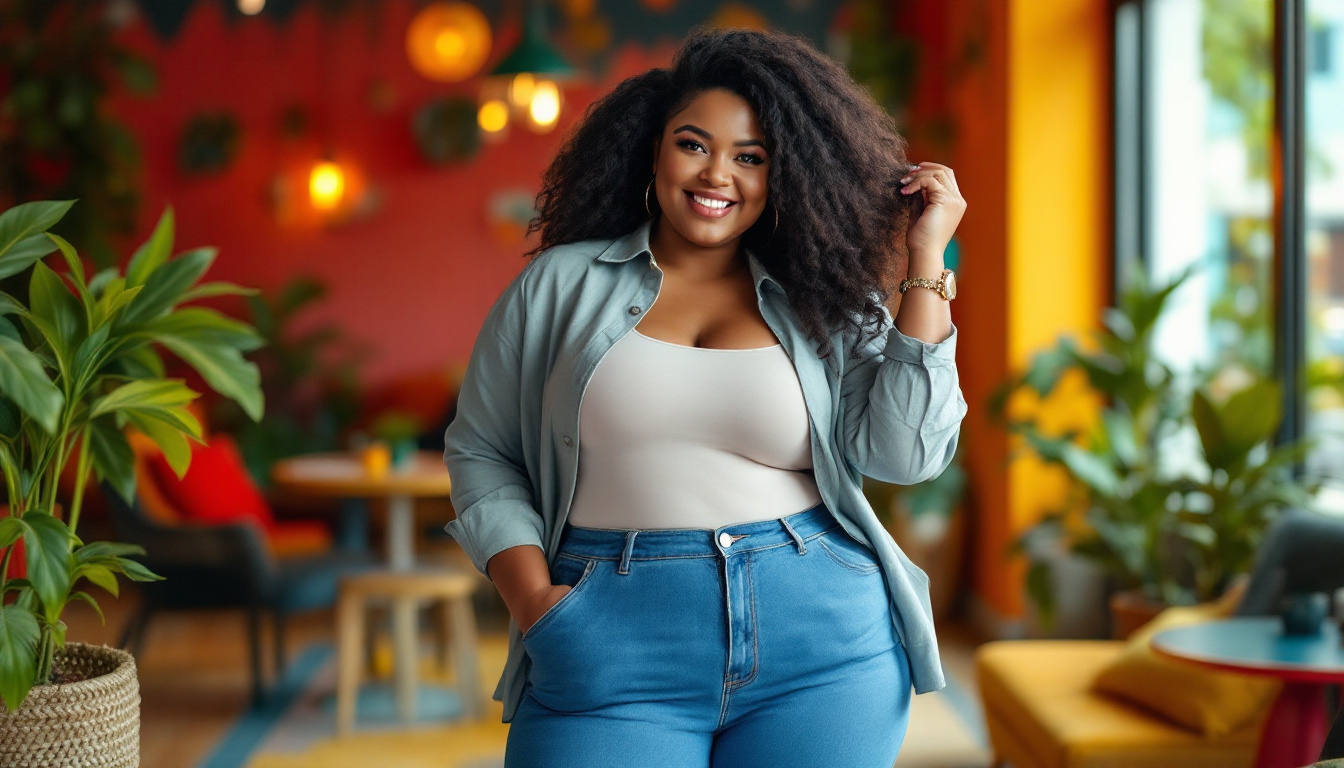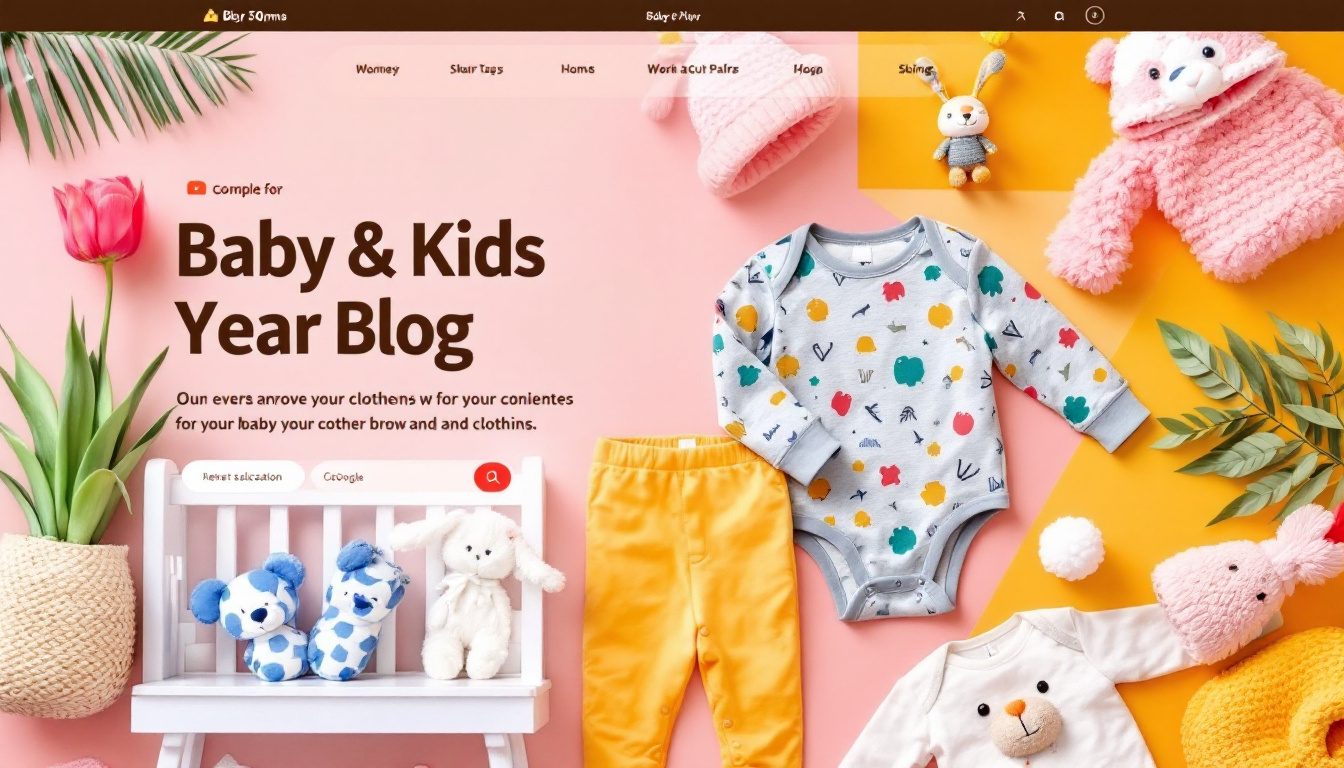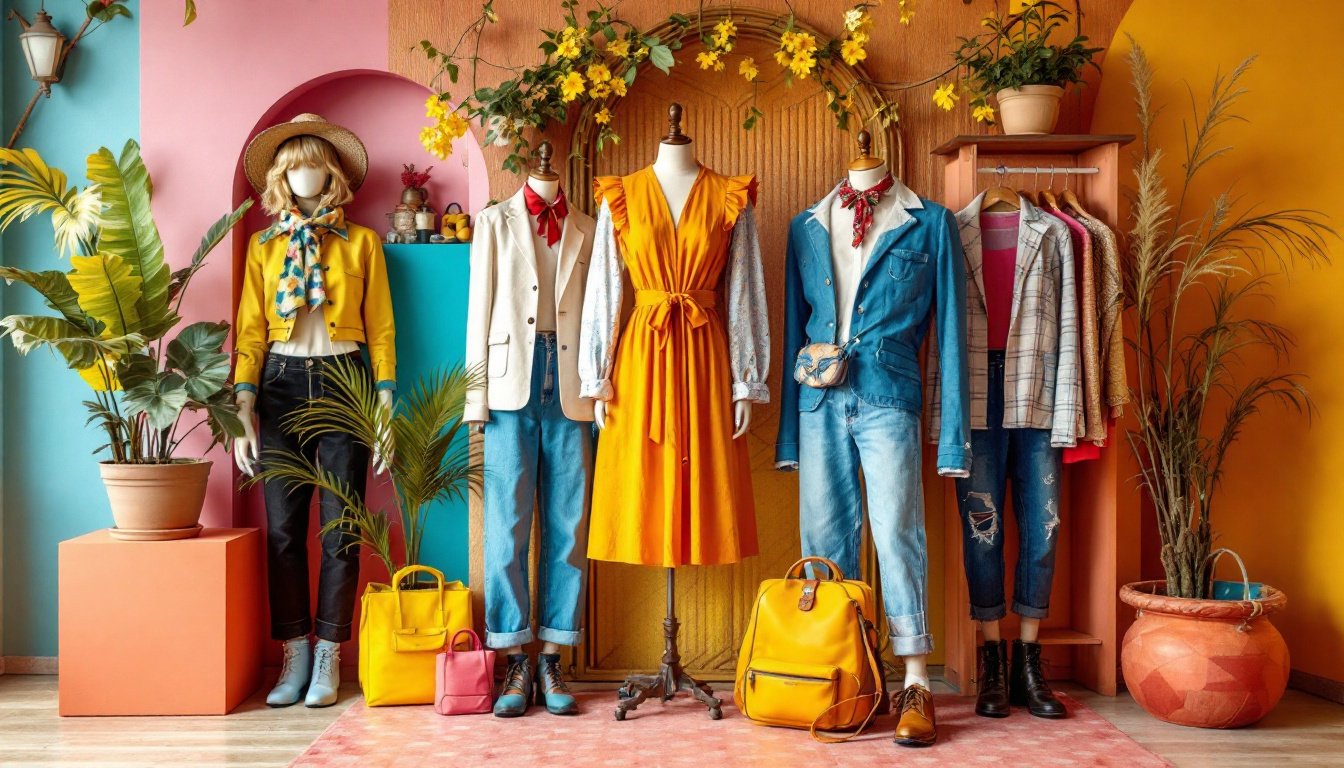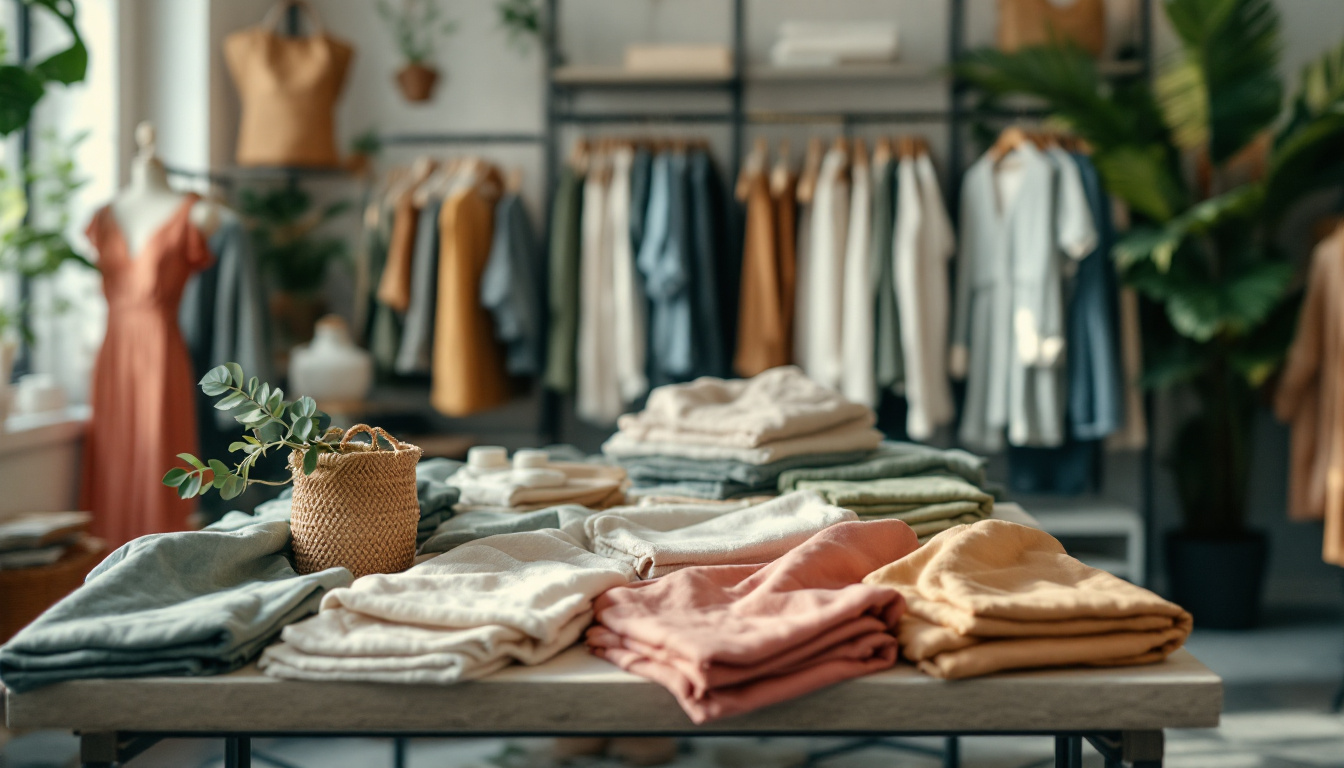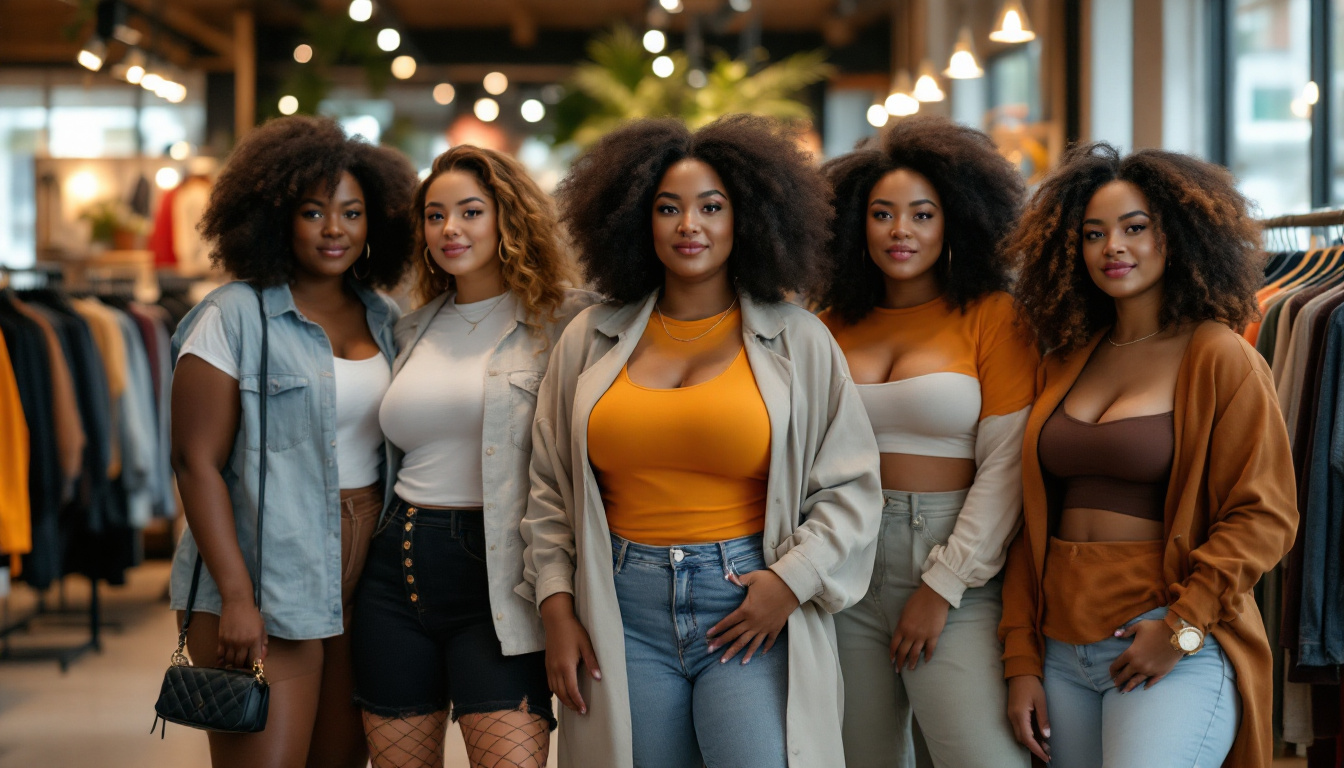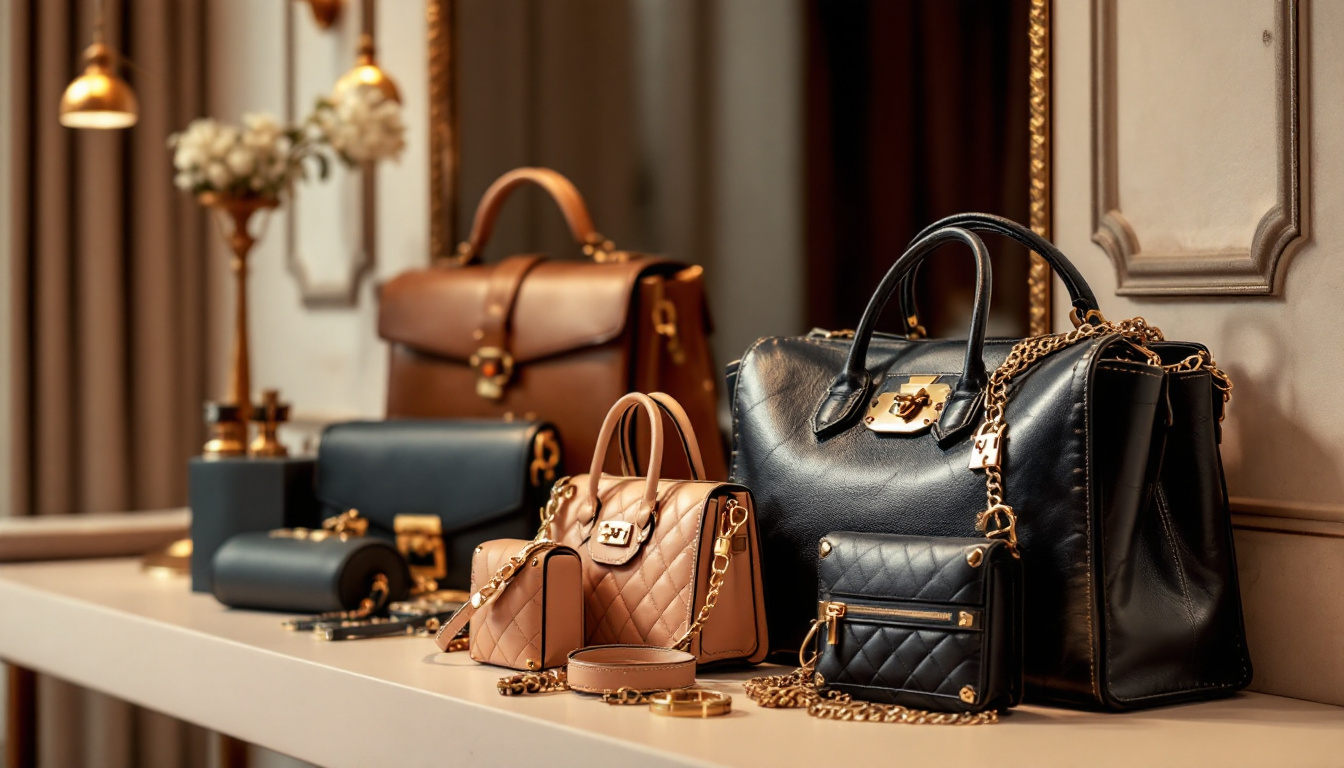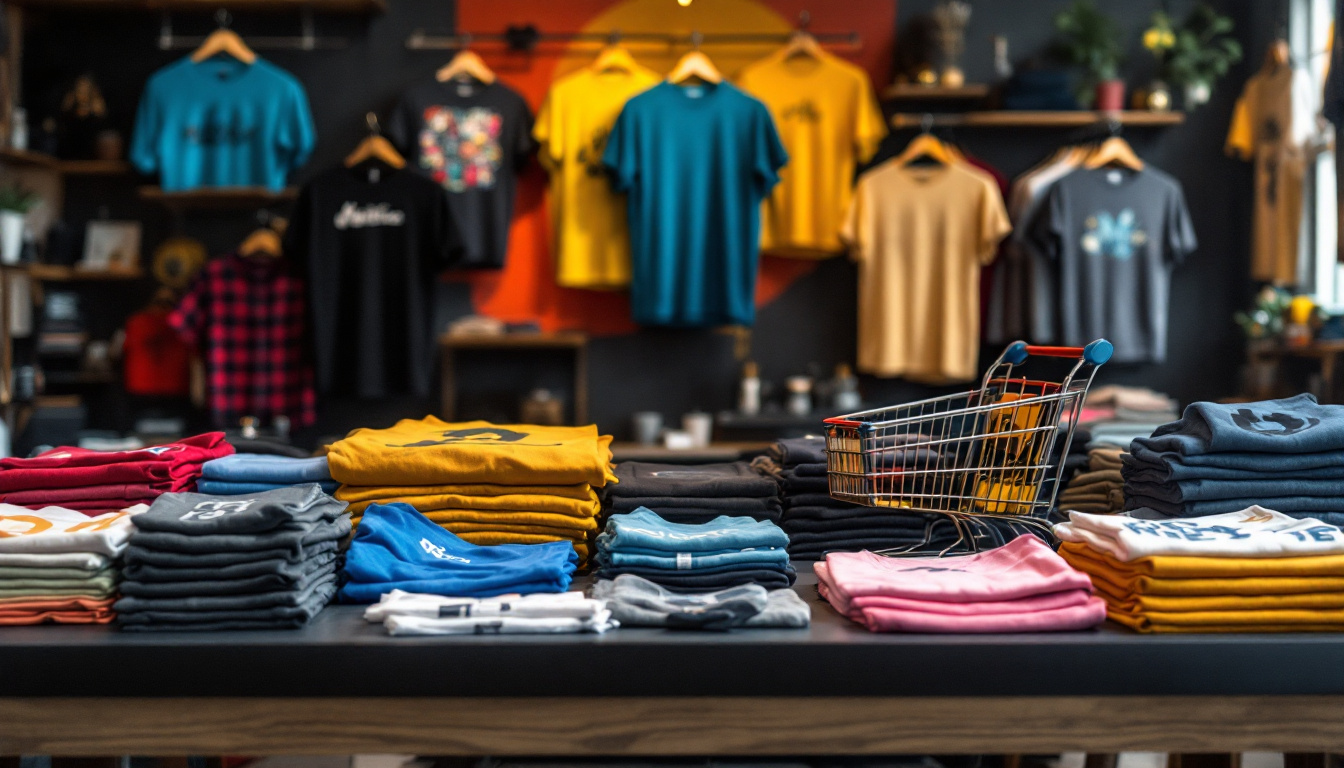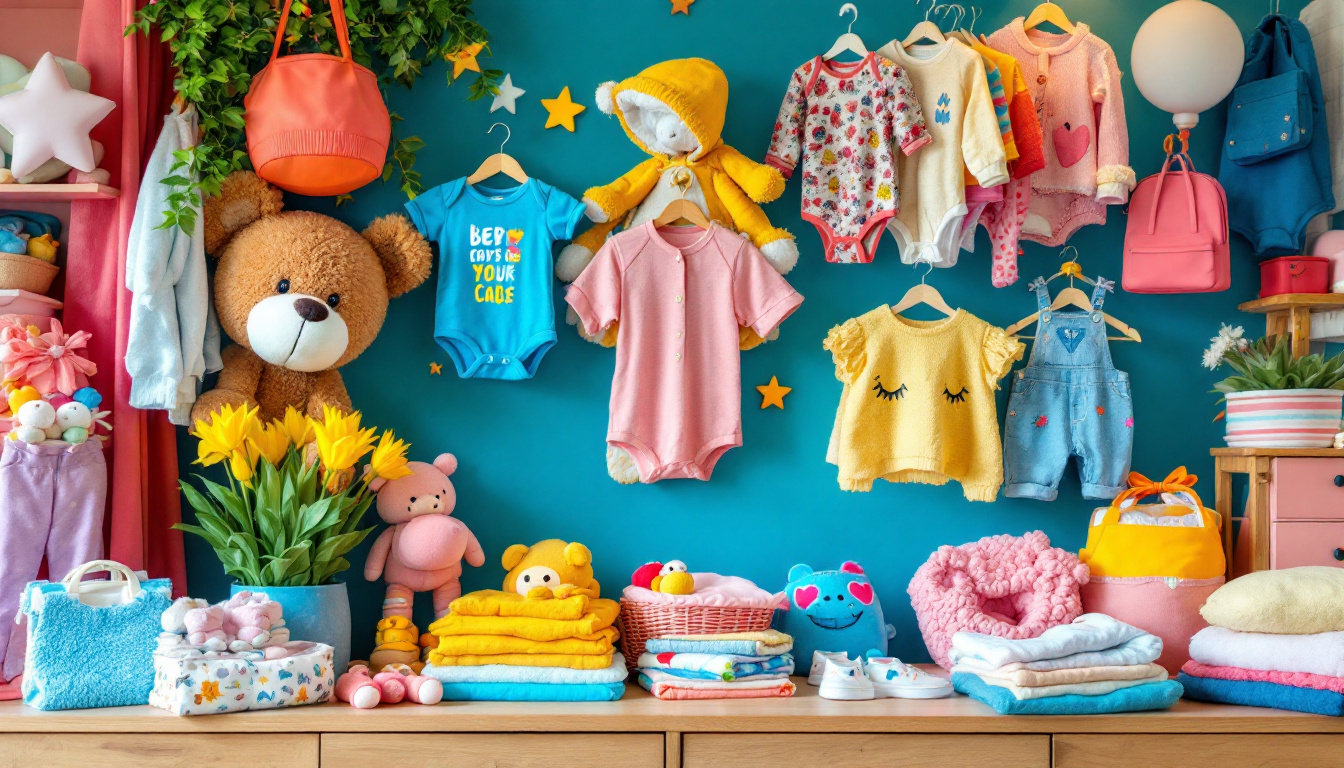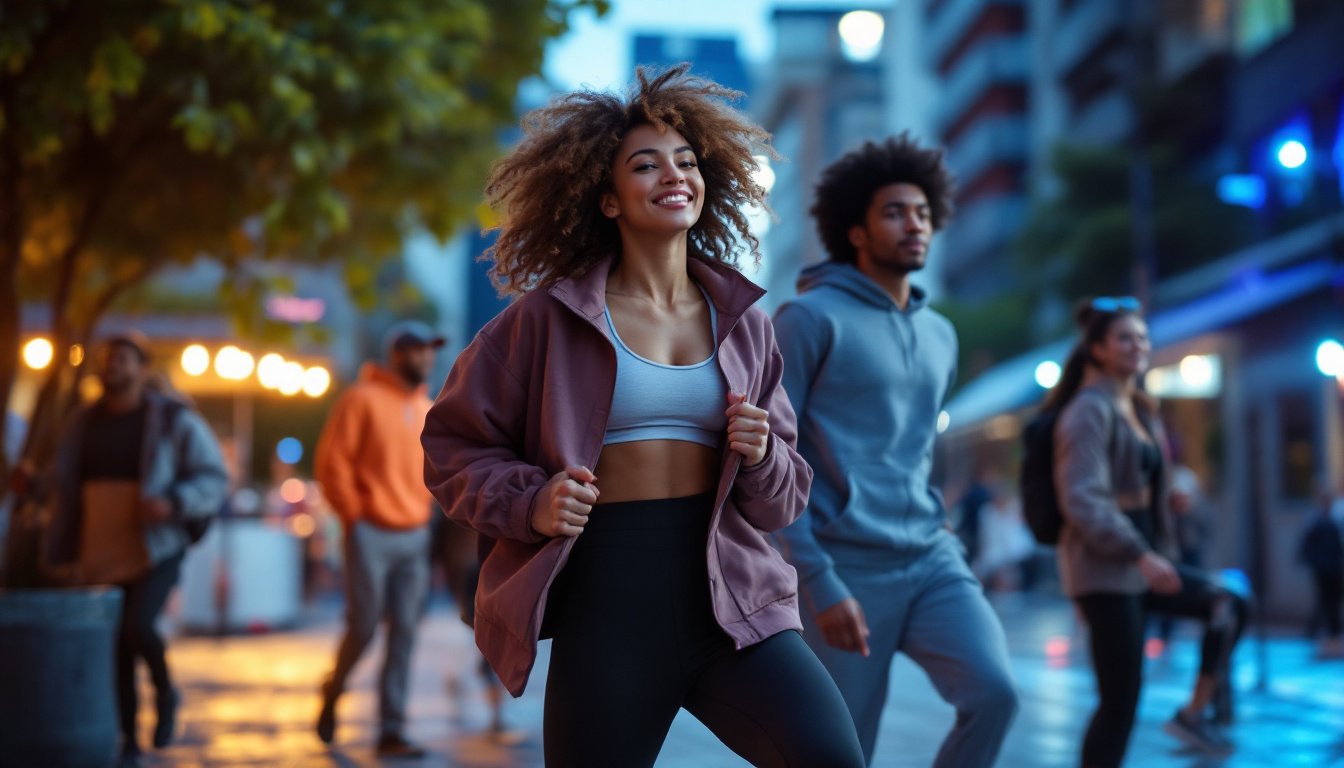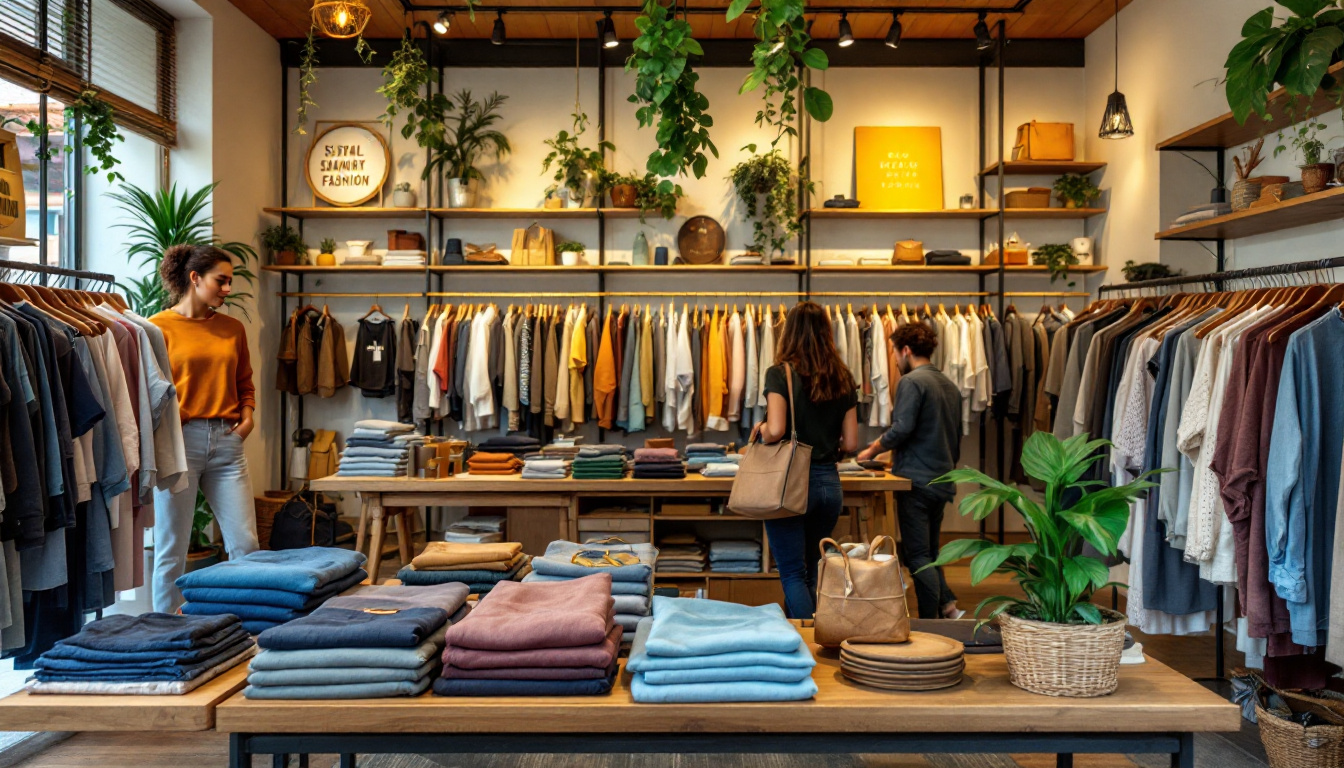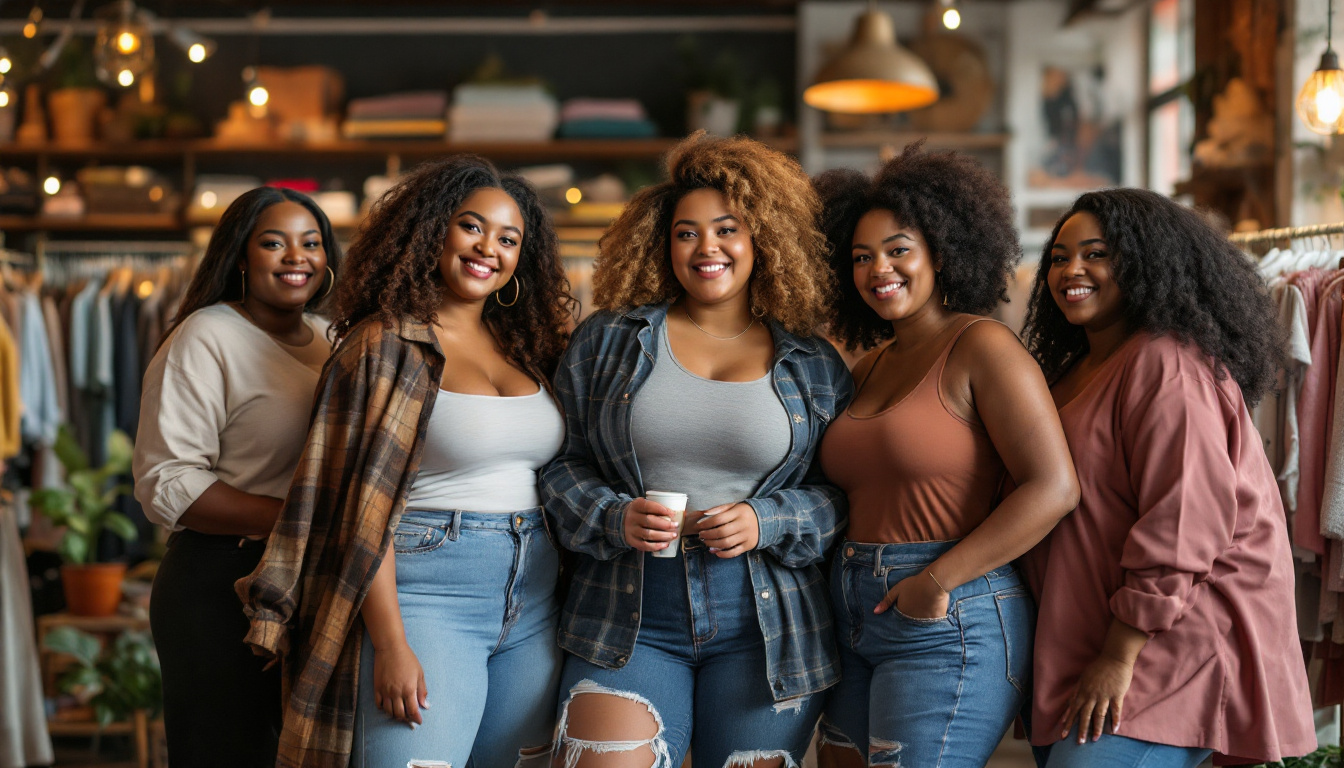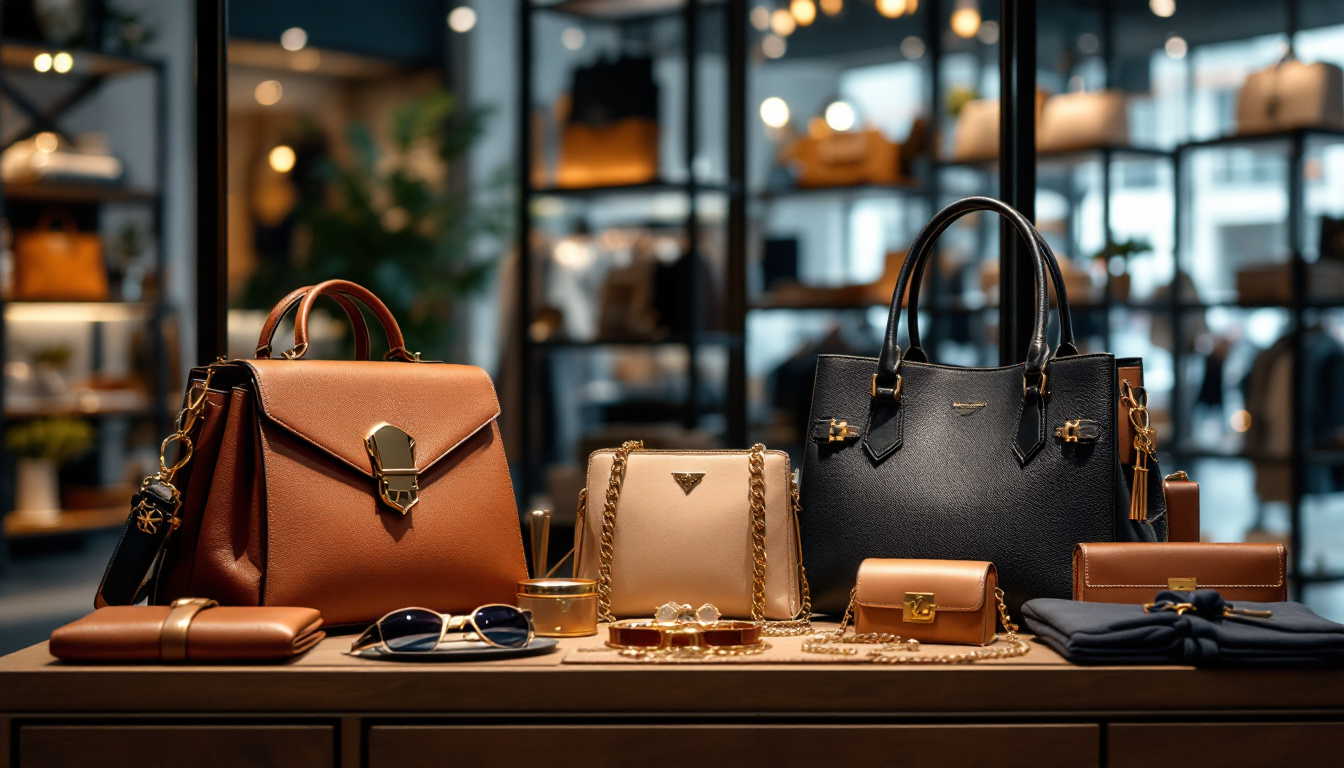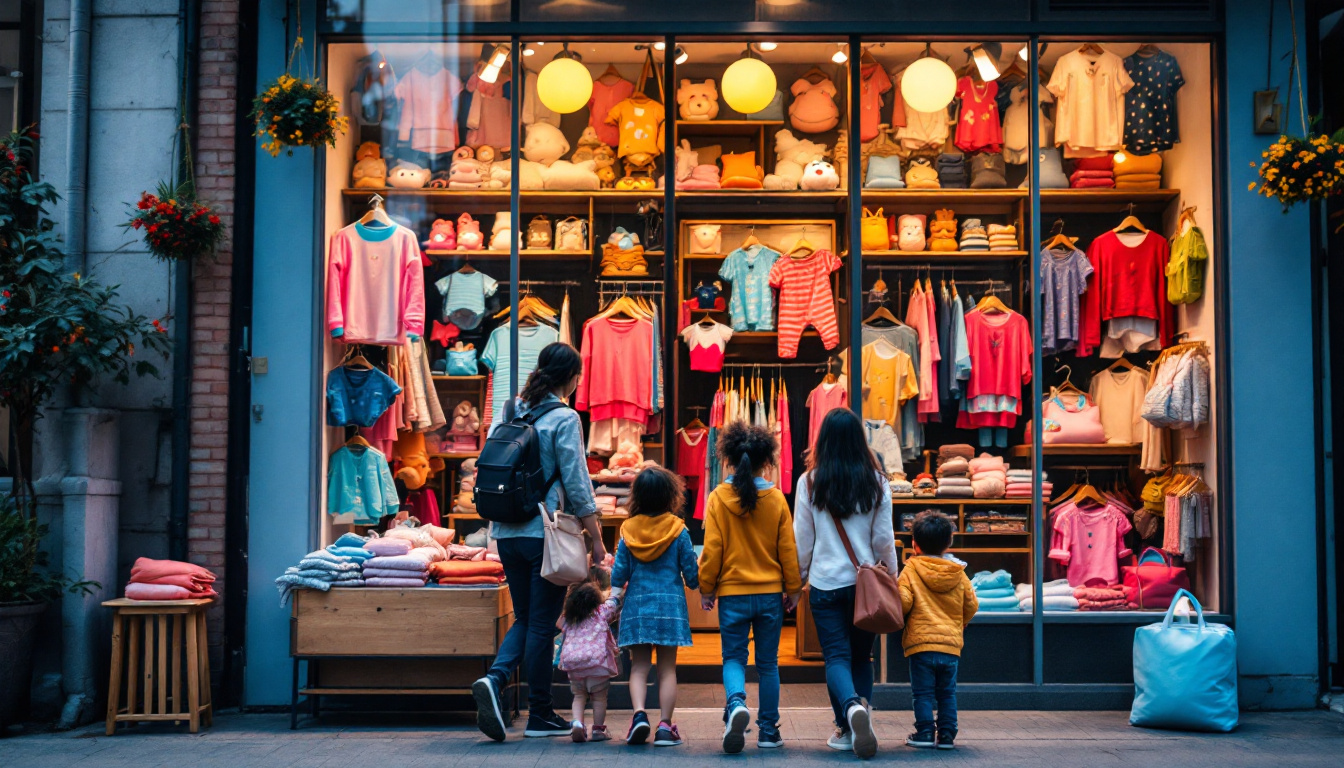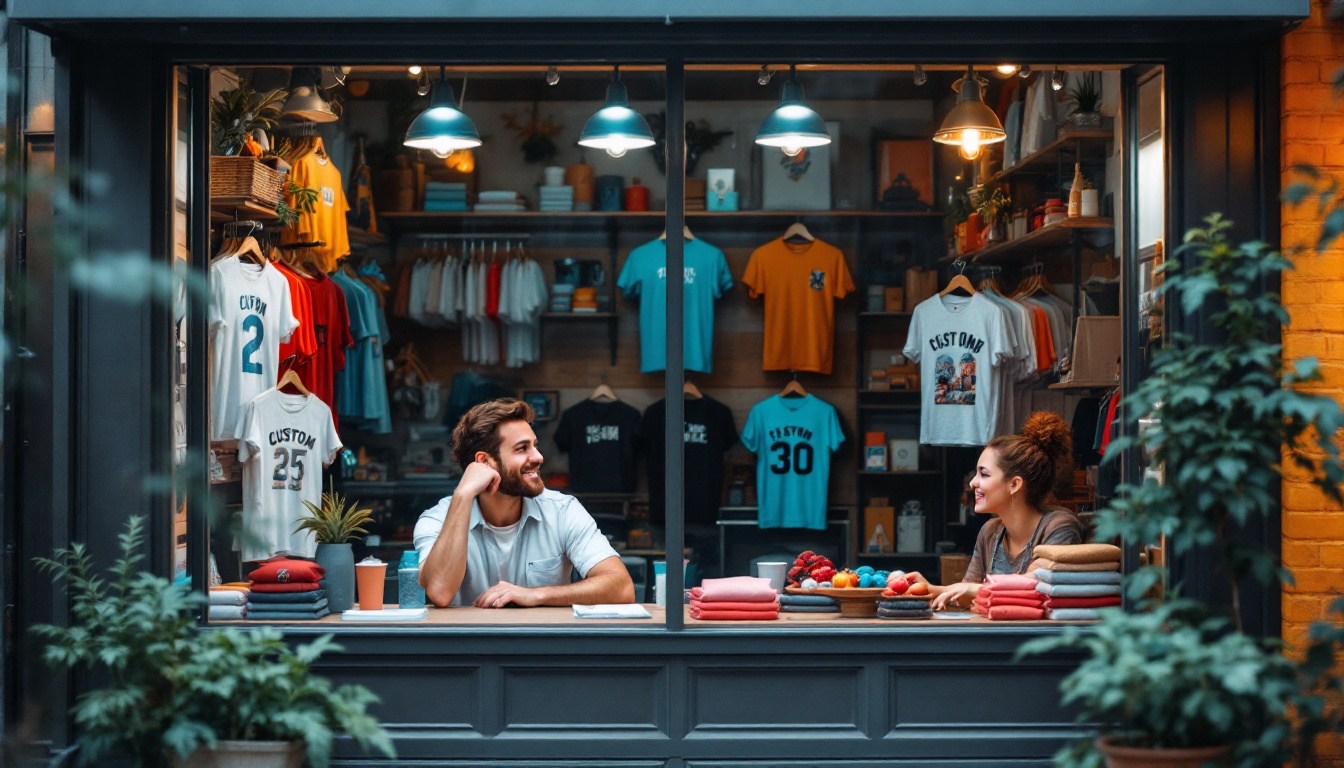Google Ads for Startups: Scaling Vintage and Retro Clothing Brands from Day One

In the vibrant world of fashion, vintage and retro clothing brands have carved out a special niche, appealing to consumers' desires for uniqueness and nostalgia. Startups entering this space face the dual challenge of establishing their brand while competing in a crowded market. Google Ads provides a powerful platform for driving traffic and sales from day one. This article will explore effective strategies for leveraging Google Ads to build and grow a vintage or retro clothing brand online.
Establishing a Brand Presence Online
Creating a strong online presence is crucial for any startup, especially in the fashion industry. For vintage and retro clothing brands, it’s essential to not only showcase products but also tell a compelling story that resonates with the target audience.
To begin, startups should focus on designing a visually appealing website that reflects the brand's aesthetic. The use of high-quality images, engaging videos, and detailed product descriptions can significantly enhance the user experience. Additionally, integrating a blog or style guide on the website can further showcase the brand's ethos, contributing to a sense of community among customers. This blog could feature articles on the history of vintage fashion trends, styling tips for incorporating retro pieces into modern wardrobes, or interviews with influencers who embody the brand's spirit. Such content not only informs but also inspires customers, encouraging them to engage more deeply with the brand.
Next, social media plays a vital role in establishing an online presence. Platforms like Instagram and Pinterest are ideal for visually-driven brands. Startups should create an engaging content calendar that features product launches, behind-the-scenes glimpses, and user-generated content to build a loyal following. Collaborating with fashion bloggers and influencers can further amplify reach, as these individuals often have dedicated audiences that trust their recommendations. Additionally, hosting interactive events such as Instagram Live sessions or virtual styling workshops can foster a sense of connection and community, allowing customers to engage with the brand in real-time.
Lastly, optimizing the brand's Google Business profile is essential. By providing accurate information, including location, hours, and contact details, startups can increase visibility in local search results. This is particularly important for vintage shops that may also have a physical presence. Furthermore, encouraging satisfied customers to leave positive reviews can enhance credibility and attract new clientele. Engaging with these reviews, whether positive or negative, demonstrates a commitment to customer satisfaction and can help build a loyal customer base. Additionally, leveraging local SEO strategies, such as using location-based keywords and participating in community events, can further solidify the brand's presence in the local market.
Small Budget, Big Impact Strategies
When operating on a tight budget, startups must leverage cost-effective strategies to make a significant impact. Adopting a focused approach to Google Ads can yield substantial returns without overspending.

One of the most effective strategies is employing geotargeting. Startups can limit their ads to specific locations where they are most likely to convert customers. For instance, if a vintage brand operates primarily online but has a strong local following, targeting ads to that geographic area can maximize budget efficiency. This not only helps in reaching the right audience but also fosters a sense of community, encouraging local customers to support their nearby businesses. Furthermore, by analyzing local trends and preferences, startups can tailor their offerings to resonate more deeply with their target market, creating a more personalized shopping experience.
Additionally, utilizing long-tail keywords can enhance campaign performance. For example, rather than bidding on generic terms like “clothing” or “vintage fashion,” startups may choose keywords like “retro 70s clothing for women.” This approach can lead to lower competition and higher click-through rates, ultimately driving down costs. Moreover, long-tail keywords often indicate a higher intent to purchase, as they reflect specific searches that potential customers are actively engaging in. By aligning their content and product descriptions with these keywords, startups can improve their organic search visibility, further amplifying their marketing efforts without incurring additional costs.
Another impactful strategy is remarketing. By targeting ads at users who have visited the brand's website but did not make a purchase, startups can re-engage potential customers with tailored messages. Providing exclusive offers or showcasing new arrivals can tempt these visitors to return and complete a sale. Remarketing not only serves as a reminder of the brand but also builds a narrative around the products, allowing startups to highlight customer testimonials or user-generated content that can sway indecisive buyers. This strategy can significantly enhance brand recall and foster loyalty among consumers who may have previously shown interest.
Lastly, startups should consider utilizing responsive search ads. This type of ad allows Google to mix and match headlines and descriptions to find the best performing combinations. This flexibility increases the likelihood of achieving a high engagement rate while optimizing for the brand's specific goals. Additionally, responsive search ads can adapt to various devices and screen sizes, ensuring that the message remains consistent and compelling across platforms. By continuously monitoring performance metrics, startups can refine their ad copy and strategies in real-time, ensuring that they remain agile and responsive to market changes and consumer behavior.
Long-Term Growth Through PPC
Pay-per-click (PPC) advertising is a powerful tool for driving immediate traffic, but when done correctly, it can also contribute to long-term growth. For vintage and retro clothing brands, a well-structured PPC strategy can build brand recognition and customer loyalty.

To ensure successful long-term growth, startups must continuously analyze their campaigns. Regularly reviewing performance metrics such as click-through rates, conversion rates, and return on ad spend can help identify areas for improvement. Adjustments to bidding strategies, ad placements, and audience targeting should be made based on these insights. Moreover, utilizing A/B testing for ad copy and visuals can provide deeper insights into what resonates most with the target audience, allowing brands to refine their messaging and enhance engagement over time.
Additionally, integrating PPC with other marketing channels can create a cohesive strategy. For instance, utilizing email marketing to nurture customers gained through Google Ads can drive repeat purchases. Startups should consider segmenting their email list based on customer behavior and preferences to deliver personalized content. This approach not only increases the likelihood of conversions but also fosters a sense of belonging among customers, making them feel valued and understood by the brand.
Building a strong brand community is also essential for long-term success. By leveraging social proof and facilitating customer engagement through social media, vintage brands can foster relationships that encourage loyalty. Encouraging customers to share their purchases on social platforms not only increases brand visibility but also acts as authentic endorsements. Additionally, hosting online events or contests can further engage the community, creating a buzz around the brand and encouraging user-generated content that showcases the unique styles and stories behind each piece.
Finally, exploring collaborations and partnerships with influencers in the vintage fashion space can also amplify reach. Influencers can introduce the brand to a wider audience, and their endorsement can add credibility. Startups should carefully select influencers who align with their brand values to ensure genuine connections with potential customers. Collaborating on limited-edition collections or exclusive promotions can create excitement and urgency, driving traffic and sales while simultaneously reinforcing the brand's identity within the vintage niche.
In conclusion, Google Ads offers an array of opportunities for startups in the vintage and retro clothing sector. By establishing a strong online presence, implementing small-budget strategies, and focusing on long-term growth through PPC, these brands can effectively scale and stand out in a competitive market. With creativity and strategic planning, startups can maximize their impact from day one and grow into successful and recognized brands in the vibrant world of fashion.

As a Google Ads expert, I bring proven expertise in optimizing advertising campaigns to maximize ROI.
I specialize in sharing advanced strategies and targeted tips to refine Google Ads campaign management.
Committed to staying ahead of the latest trends and algorithms, I ensure that my clients receive cutting-edge solutions.
My passion for digital marketing and my ability to interpret data for strategic insights enable me to offer high-level consulting that aims to exceed expectations.
Google Partner Agency
We're a certified Google Partner Agency, which means we don’t guess — we optimize withGoogle’s full toolkit and insider support.
Your campaigns get pro-level execution, backed by real expertise (not theory).

4.9 out of 5 from 670+ reviews on Fiverr.
That’s not luck — that’s performance.
Click-driven mind
with plastic-brick obsession.
We build Google Ads campaigns with the same mindset we use to build tiny brick worlds: strategy, patience, and zero tolerance for wasted pieces.
Data is our blueprint. Growth is the only acceptable outcome.
